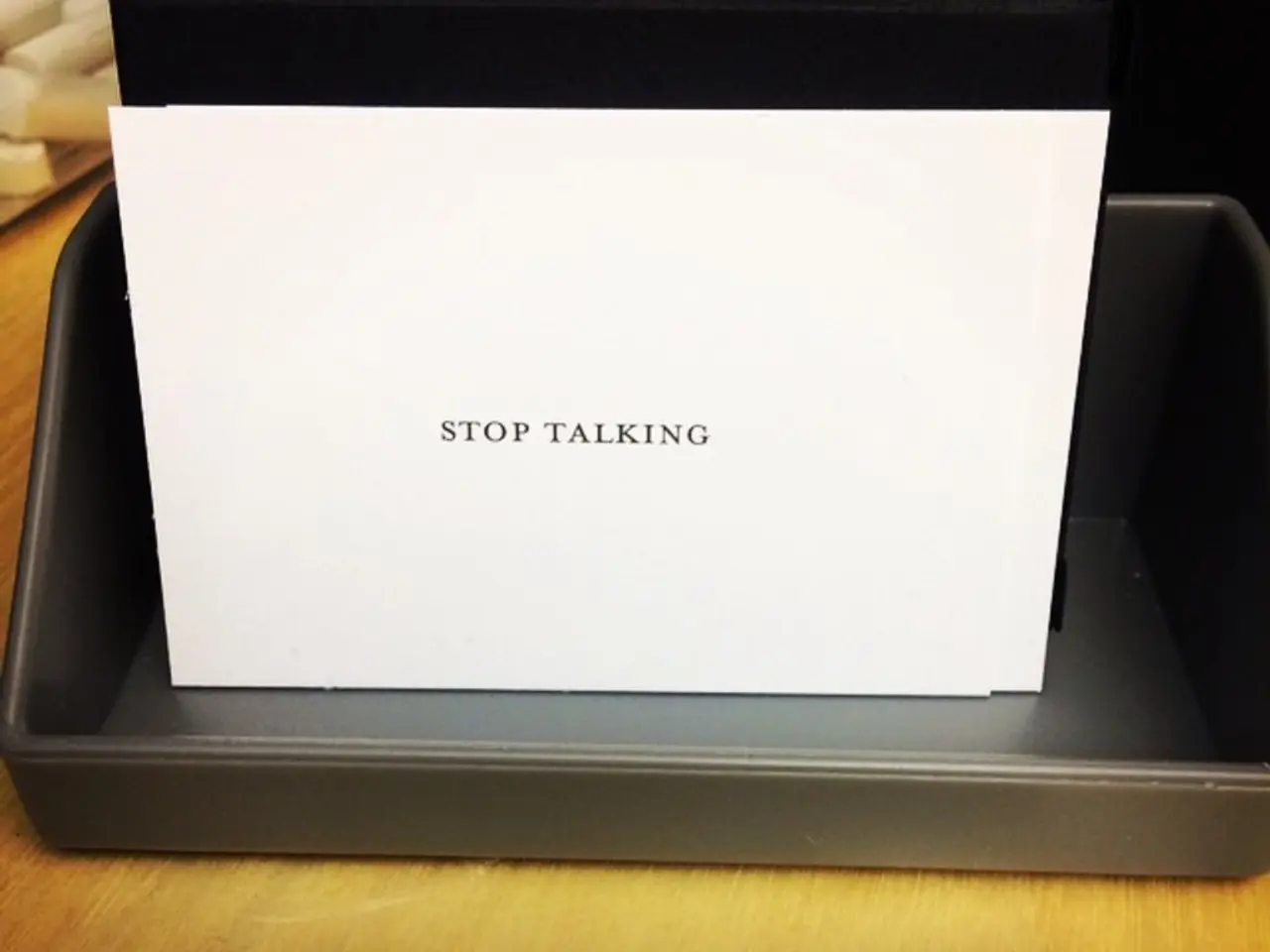Texting Anxiety: A Growing Concern Among Smartphone Users
Texting, a common form of communication, can sometimes trigger anxiety in individuals. This condition, known as texting anxiety, can significantly impact daily life, relationships, and work. If symptoms become severe, it's crucial to seek help from a healthcare professional.
Texting anxiety can manifest physically, with symptoms like sweating, shaking, and restlessness. It can also affect self-image, relationships, and work performance. The constant flow of information, lack of control over perception, and fear of cyberbullying can all contribute to this anxiety.
Managing texting anxiety involves several strategies. Taking regular phone breaks, communicating face-to-face or via voice calls, setting clear boundaries, and asking for clarification can all help. For some, psychotherapy, such as cognitive behavioral therapy, or medications may be beneficial. Texting anxiety can be caused by various risk factors, including social anxiety disorder, high message volume, history of cyberbullying, and smartphone dependence.
Texting anxiety, though common, can have serious impacts. With 90% of adults in the U.S. owning smartphones and 98.4% using them for texting, it's a widespread issue. If you or someone else is struggling with texting anxiety, remember that help is available.
Read also:
- Is it advisable to utilize your personal health insurance in a publicly-funded medical facility?
- Dietary strategies for IBS elimination: Aims and execution methods
- Benefits, suitable dosage, and safety considerations for utilizing pumpkin seed oil in treating an overactive bladder
- Harmful Medical Remedies: A Misguided Approach to Healing




